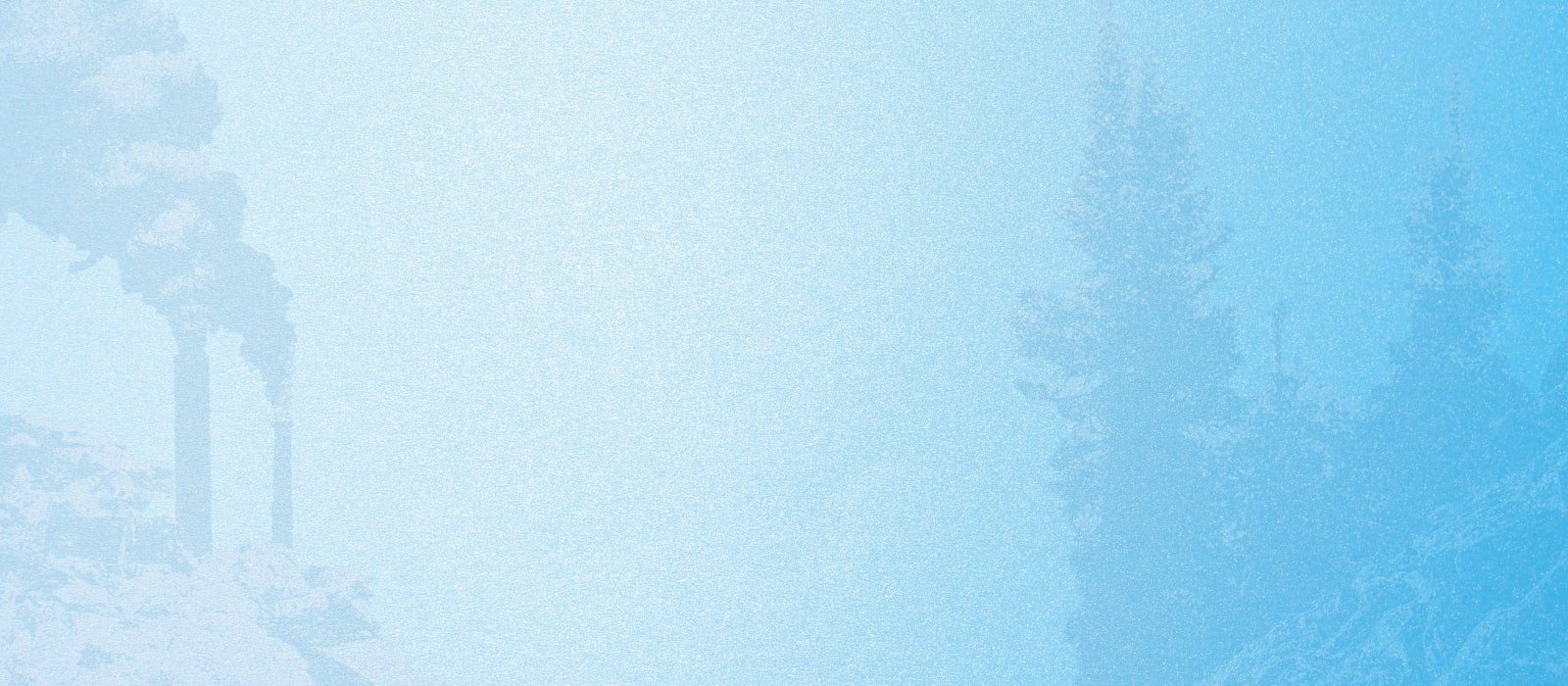If we know anything about life, it’s that to live is to lose. To love is most definitely to lose. And to lose is to grieve. Grief may well be the clogged “portal” bunging up the route to an honest reckoning with our climate predicament.
Nowadays, loss comes from the slushy Skateways and swimming holes filled only with childhood memories. Charred landscapes and homes, news of devastation from abroad. None of this can be reversed, we know it in our bones. But our culture is exceptionally good at suppressing grief — clogging up the portals, backing up the drains till they’re overflowing and we’re ankle-deep in our own… (enough said, it’s another near-certainty of life and you’ve been in that bathroom, I’m sure).
Responding to the topics of the last two Sunday newsletters, Louise wrote from New Brunswick, “If we keep going, we soon may arrive at a discussion of ‘grief’ and the importance of acknowledging it and processing it so that we can move to radical hope.”
“Radical hope” sounds awfully important, but you’d have to be knee deep-desperate to be taking my guidance toward emotional intelligence. So, I reached out to a pro.
For our purposes, we don’t really want an academic-type pro. Not even a traditional grief counsellor or psychologist. We need someone waist-deep in the shit of climate breakdown (better yet, someone once fully engulfed who’s gotten their head back to surface), someone organizing, helping folks grapple with eco-anxiety and plungering some flow back into our lives.
LaUra Schmidt co-founded the perfectly-on-point Good Grief Network in 2016 along with Aimee Lewis Reau. She’s suffered both tremendous personal grief and a full submersion in planetary grief after applying her biology training to conservation work. (I realized the wildlife can take care of itself, it’s the humans that need managing, she says.) Good Grief runs peer-to-peer support groups helping people with collective grief and eco-distress.
I caught up with Schmidt at her base in Lansing, Michigan, fresh from training 40 new facilitators, including “a surprising number” of Canadians alongside others from the U.S., the Philippines, the UK, Australia, Germany, Netherlands, Latvia, and Nigeria.
She says that, “Most people come to us because they’re feeling a tremoring insecurity — that what was can no longer be.”
For some, the loss is specific: The bird researcher watching his study-subjects vanish. The survivor of a subdivision reduced to ash. But for most, the source of grief seems more inchoate — the steady drip of IPCC reports, ailing forests, surging fires. Ever more news of people displaced, lives and livelihoods lost, countries inundated, parched or scorched. Participants come to Good Grief feeling isolated, scared and sad from a culture that makes them feel crazy.
It’s a practice we repeat, as grief comes back time and time again. Especially so with climate-grief. “The next hundreds of years are going to be riddled with grief,” Schmidt gently suggests. (How’s that for accepting the severity of the predicament?)
“Our job is to learn to be with and metabolize grief, breaking it down and making it into compost for something else.”
Another gentle suggestion: we rush too quickly to solution-making, without metabolizing loss. Towards technological fixes or hollow solutions. Schmidt offers the distinction between curing and healing. “The focus on ‘cure’ can really distract us,” she says. “We may not be able to cure the polycrisis, but healing is still possible.”
As are joy and meaning. It’s a “yes-and” kind of practice. If we grieve, we can let our hearts break open instead of closed, says Schmidt, paraphrasing the great ecologist and Buddhist scholar, Joanna Macy. The failure to grieve is what’s standing in our way.
Planetary grief is complex, perhaps even more than the personal variety. We suffer “disenfrachised grief” — grieving a lost mother is tolerated in our society, but we are not supposed to feel grief for ecosystems or the species vanishing hour by hour.
And we suffer “anticipatory grief,” all too aware that climate change is bearing down. Particularly for those of us most privileged, we see it coming, at a distance. Participants in the support groups wonder aloud, “When is it coming for me? What will it be like for my kids? How long can I afford food?”
Add on top the anguish of “moral injury.” Not only do we grieve for the lost and the losses to come, we have been complicit. We are grieving what we’ve done and are still doing. Can we imagine truly saying we’re sorry? It’s why Schmidt prefers the phrase “impossible choices” over moral injury. “Everything we do to move through the culture causes harm. And, mostly, we can’t do anything about it.”
It’s a feeling expressed most strongly by the Boomers in the Good Grief groups. But it’s seen most clearly by Gen Z. “They just get it. They can blatantly see this worldview causes harm,” says Schmidt. And they see the intersectionalities as obvious: Of course our society is racist, of course climate change is a symptom of twisted supremacies.
But what exactly are we supposed to do? Write a letter? Vote with our dollars? Mobilize for what? — the systems all seem gridlocked. The facilitators report witnessing a new kind of grief emerging in the groups: the young, especially, had some hope — they saw the problem, they joined the climate marches but now see Trump unsubdued and the rise of the far-right worldwide.
This second-phase loss of hope dovetails with climate grief: no one is coming to save us. We are programmed to look for a hero — whether an Elon Musk or a fusion reactor. But, really nowhere are political leaders willing to accept the severity of the predicament. The media prevaricates or leans into technological optimism. “We have to save us from ourselves,” Schmidt has concluded.
Step 2: Be with Uncertainty
The Good Grief folks suggest we ask ourselves whether brittle hope and heavy doom aren’t actually very similar — sources of comfort for frightened mammals with recently evolved cerebra, stuck in uncertainty, just desperate to know the end game.
We are so uncomfortable in liminality, it takes resolve to face what’s actually going on. And here Schmidt hearkens back a few thousand years, down the lineage of counter-cultural contemplatives who have always advised that we must know when to recognize that we’re not in control of the show and when to let go of outcomes.
It’s the same for culture-change as for our individual feelings, says the conservation biologist-turned-grief worker. “Turns out, we’re all just animals trying to survive. When our trauma responses are engaged, we get small.” It seems paradoxical, but if we’re going to make it through uncertain times, we sometimes have to loosen the grip. “We have to honour that some things are wild. As a culture we have to figure out how to be wild again.”
And also to honour our more exquisite gifts. If we were to work our way through the remaining eight steps, we’d find that love is the through-line to No.10 (Reinvest in Meaningful Efforts).
“Grief is love,” says Schmidt. “If you love anything, you’re going to lose it. You don’t get grief without love and you don’t get love without grief.” Our individual predicament is that we want one without the other and can’t have it.
And so, Schmidt turns the table and closes out the interview, lobbing a question back: “Do you stop loving? Or do you love harder and fiercer?”
No proper Roundup this week, I’m afraid. But I’ll leave you with some suggestions on the topic of good grief:
LaUra Schmidt highly recommends Francis Weller’s The Wild Edge of Sorrow: The Sacred Work of Grief
Britt Wray is someone we’ve covered in past newsletters. Her book, Generation Dread: Finding Purpose in an Age of Climate Crisis is invaluable for staying (somewhat) sane. And she also has a Substack called Gen Dread.
Your fellow newsletter reader from the Maritimes, Louise Comeau, says we should all read Jonathan Lear’s Radical Hope: Ethics in the Face of Cultural Devastation
Another reader, Barbara Leckie, recommends Kim Tallbear’s YouTube talk that addresses radical hope. Tallbear is a professor and Canada Research Chair in Indigenous Peoples, Technoscience, and Society at the University of Alberta (Leckie shows it to all her students at Carleton University along with articles by Junot Díaz, a Dominican-American writer who takes up Lear’s idea of radical hope
LaUra Schmidt referenced Joanna Macy. You could go all the way back to 1983’s Despair and Personal Power in the Nuclear Age. But more recent offerings include:
Active Hope: How to face the mess we're in without going crazy and A Wild Love for the World: Joanna Macy and the Work of Our Time (2020)
A few other suggestions from me:
Renee Lertzman has a bio too varied and impressive to summarize. But the PhD in Psychosocial Studies is currently teaching at Royal Roads in B.C. and wrote Environmental Melancholia. She also has a TED talk.
Suzanne Moser is a research scientist at the U.S. National Center for Atmospheric Research. You might start with her chapter The Adaptive Mind in the anthology All We Can Save: Truth, Courage, and Solutions for the Climate Crisis.



